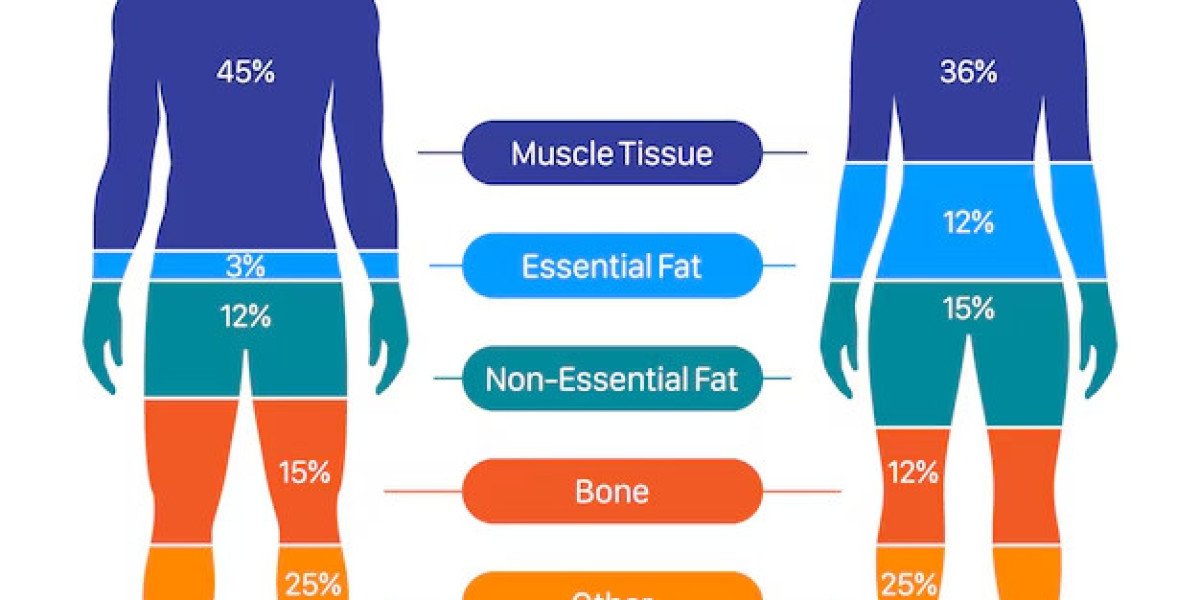 "However, with a sociopath, their lack of empathy allows them to harm others (through dishonest, lying, stealing, and rule-breaking) with out concern for the implications," Mancao says. This is an outdated, non-clinical time period that refers to people who have gentle ASPD traits or are good at hiding them. As a end result, they can be successful in everyday activities like working or going to highschool. While sociopaths are commonly perceived as missing self-awareness as a outcome of their limited capacity for empathy, you will need to acknowledge that some sociopaths can certainly be self-aware. However, it's more doubtless that their self-awareness is delivered to their consideration by external factors, similar to a forced diagnosis or intervention from someone close to them. For instance, we've proposed that mindfulness may facilitate the self-awareness and self-acceptance parts of self-connection. Future research should study whether or not and when mindfulness practices (formal mindfulness meditation or informal mindfulness in varied domains of every day life) can result in higher self-connection.
"However, with a sociopath, their lack of empathy allows them to harm others (through dishonest, lying, stealing, and rule-breaking) with out concern for the implications," Mancao says. This is an outdated, non-clinical time period that refers to people who have gentle ASPD traits or are good at hiding them. As a end result, they can be successful in everyday activities like working or going to highschool. While sociopaths are commonly perceived as missing self-awareness as a outcome of their limited capacity for empathy, you will need to acknowledge that some sociopaths can certainly be self-aware. However, it's more doubtless that their self-awareness is delivered to their consideration by external factors, similar to a forced diagnosis or intervention from someone close to them. For instance, we've proposed that mindfulness may facilitate the self-awareness and self-acceptance parts of self-connection. Future research should study whether or not and when mindfulness practices (formal mindfulness meditation or informal mindfulness in varied domains of every day life) can result in higher self-connection.Can People with an Antisocial Personality Feel Empathy or Remorse?
The most important thing whenever you're coping with somebody with ASPD is to protect your self. Even although it could be a pal or liked one with the disorder, you have to put your well-being first. Although your first thought could be to help them get remedy, that can be very difficult. People with ASPD are unlikely to hunt skilled help or even realize they've a problem.
The psychology of psychopathy: An inside look at the psychopathic brain
Before persevering with it is value noting that the term "cognitive" is being used to refer to all relevant computations performed by the brain. Sometimes the time period "affective" is used with respect to emotional processes.13 However, for the needs of this paper, affective processing might be thought of as merely another type of cognitive processing. Psychopathy will increase the likelihood of legal behaviours corresponding to murder and sadistic violence (not all people with the disorder are violent, however). Accordingly, the proportion of individuals with psychopathy in prison populations is much greater than the proportion in the general population. (Estimates of psychopathy in jail populations vary from 16 to 25 percent among males and from 7 to 17 p.c amongst ladies.) However, psychologists warn that the relationship between psychopathy and violence is complicated, which makes violent behaviour by individuals with the disorder difficult to foretell.
Psychopathy as a Developmental Disorder Contributing to Antisocial Deviance
Psychopaths are inclined to view rules as suggestions—and they normally see legal guidelines as restrictions that maintain them back. Driving infractions, financial violations, and acts of violence are only a few examples of the array of crimes a psychopath would possibly commit. Several research have advised the neural basis for empathy is both faulty or missing altogether within the psychopathic mind. Despite this small proportion, individuals who have psychopathy are 20–25 times more likely to be incarcerated than non-psychopaths, and half of all violent crimes in the U.S. are dedicated by psychopaths.
 Interventions aimed toward increasing self-connection at more of a trait stage, all through daily life, may profit from incorporating all the above actions with particular guidance geared toward connecting with oneself.
Interventions aimed toward increasing self-connection at more of a trait stage, all through daily life, may profit from incorporating all the above actions with particular guidance geared toward connecting with oneself.Corresponding authors
Since the psychopath has little to no moral middle, his thrill-seeking behavior has no bounds, which over time would possibly catch up with him. Psychopaths might know what they are doing, and that what they are doing is technically bad, however they could not really feel the identical about it as non-psychopaths, due to their diminished capacity for empathy. There appears to be the consensus that there are offenders after which there are psychopathic offenders. Their antisocial nature inclines them usually (but on no account always) to criminality. Psychopaths are social predators who allure, manipulate, and ruthlessly plow their method through life, leaving a broad trail of broken hearts, shattered expectations, and empty wallets.
MIT Neuroscientists Discover Brain Cells That Encode the Outcomes of Actions
Others think it's just much tougher for you to predict when your actions will result in harmful penalties. Some of the dangers may be ommission based mostly, due to the lack of feeling "normal" feelings. Failure to act to protect lives in a harmful state of affairs can be a real problem. Such conditions can occur frequently when raising young children, or might happen incessantly if the psychopath has a disabled family member, or O que é imagem Corporal na psicologia? could happen more rarely if living alone. Most people, in some unspecified time within the future in their lives encounter a state of affairs where they have to act quick, name an ambulance, get someone help, or step in indirectly to protect others. If you can not really feel the danger, as a end result of you are not involved with the potential loss of a life, this could be a hazard.
Exploring current research on psychopathy
Psychotherapy, such as cognitive behaviour therapy, is often used to treat adults suffering from psychopathy. However, many psychologists contemplate the disorder to be extremely proof against treatment. The current consensus is that the greatest way to deal with it is to identify psychopathic tendencies in childhood, at which point intervention might be able to mitigate those tendencies and thus prevent psychopathic behaviours later in life. A propensity to experience boredom is expounded to a robust stimulation-seeking urge, along with an emotional shallowness. Without a lot of a true connection to other folks and with a temperament that is all the time searching for thrills and pleasure, the psychopath is fast to take possibilities and engage in risky behaviors. Bob, though his behavior has brought on others at work to be leery of him, may also be admired for his aggressive behavior and willingness to "go out on a limb" to get new contracts and earn cash for his employer.








